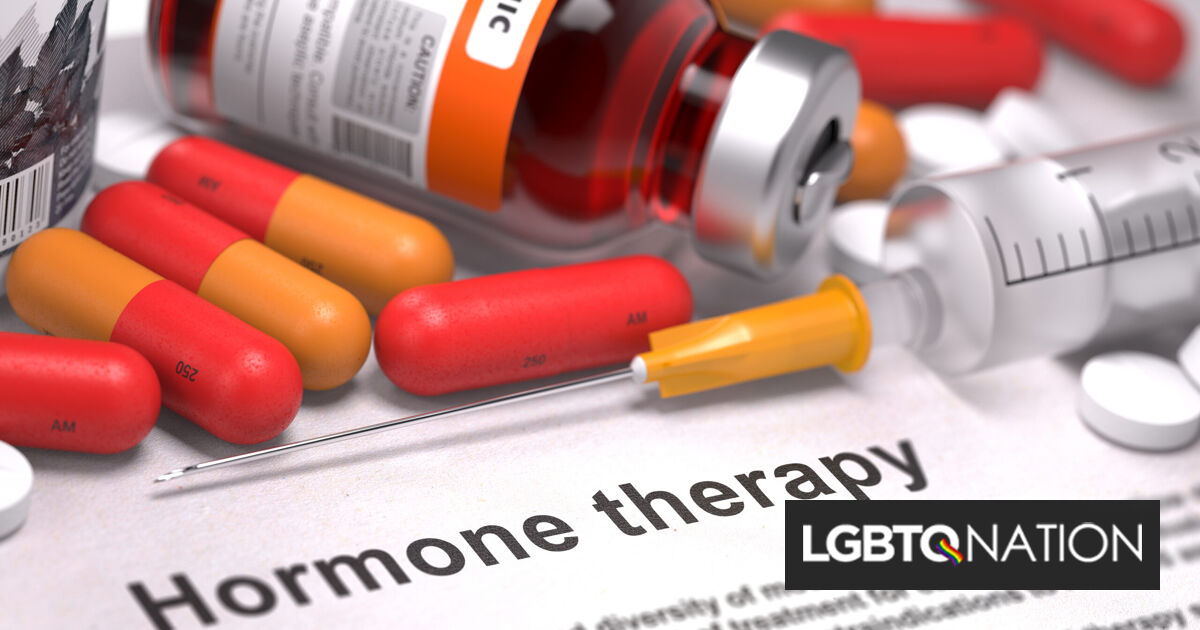War-weary trans Ukrainians are being forced to de-transition due to lack of hormones
Author: Daniel Villarreal

Transgender Ukrainians have had trouble finding hormones as Russia’s invasion has shuttered the country’s pharmacies, doctors’ offices, and supply chains. These conditions have made hormones scarce or very expensive, putting additional strain on trans people who have sought to have their identities respected by the national government.
Ukraine requires trans people to have a medical prescription before getting hormones from pharmacies. But nine months after Russia’s February invasion, Russian attacks damaged 906 Ukrainian hospitals and completely destroyed 123 more, damaged 505 pharmacies and destroyed 47 more, and killed at least 18 medical professionals and injured 56 more.
The invasion caused many LGBTQ+-friendly medical professionals, mental health counselors, and surgeons who perform gender-affirming surgeries to flee the country or join the military. Russian attacks have also damaged transportation routes and drug warehouses, reducing hormone and medical supply stockpiles nationwide, according to Olha Poliakova, head of the Ukrainian LGBTQ+ advocacy group Gender Stream.
“The clinic had closed because of the danger of airstrikes. I had the testosterone, but no way of getting [it administered],” Eric, a 23-year-old Ukrainian transgender man, told CNN. “I didn’t have the needles and there were huge shortages of everything in pharmacies, even the most basic stuff, because obviously, during the war, there’s a big need for things like syringes.”
These disruptions, and Ukraine’s weakened wartime currency, have made hormone prices double or even triple, Anastasiia Yeva Domani, director of the transgender Ukrainian organization Cohort, told Gay Times. One testosterone drug brand doubled in price to $30, Poliakova told the publication.
Many trans people have also lost their jobs during the war, making hormones even less affordable. Gender Stream is working with international partners and volunteers to help import hormones from foreign countries, but the group has a waiting list of over 70 individuals awaiting refills.
“They’re gone before they even reach us,” Poliakova told the Gay Times.
A lack of hormones effectively forces trans people to involuntarily transition, possibly worsening their gender dysphoria, anxiety, and depression, according to a 2022 report by the continental LGBTQ+ rights group ILGA-Europe.
In desperation, some transgender Ukrainians have tried lowering their doses to extend whatever hormones they already have on hand. Others have tried “cooking up” their own hormones using cheaper drugs, Poliakova said. But while poorer trans people have done this for years, it’s perilous, Poliakova said, because these drugs can become contaminated or have adverse side effects.
The lack of medication has made the challenging cultural atmosphere in Ukraine even more difficult. Before the invasion, lobbyists pressured the health ministry to stop classifying trans people as having a “disorder,” but that effort has since been put on hold. Trans women who want to flee the country often don’t have government-issued identification documents reflecting their correct gender identity. This causes border guards to regard them as “men” required to serve in the military effort.
Getting updated ID documents in Ukraine isn’t easy. Despite efforts to make the bureaucratic process easier, Human Rights Watch reports that transgender people must undergo psychiatric observation and gender-affirming surgery to update their documents. The government processing of such requests has become even more delayed since the invasion began.
Actual Story on LGBTQ Nation
Author: Daniel Villarreal



